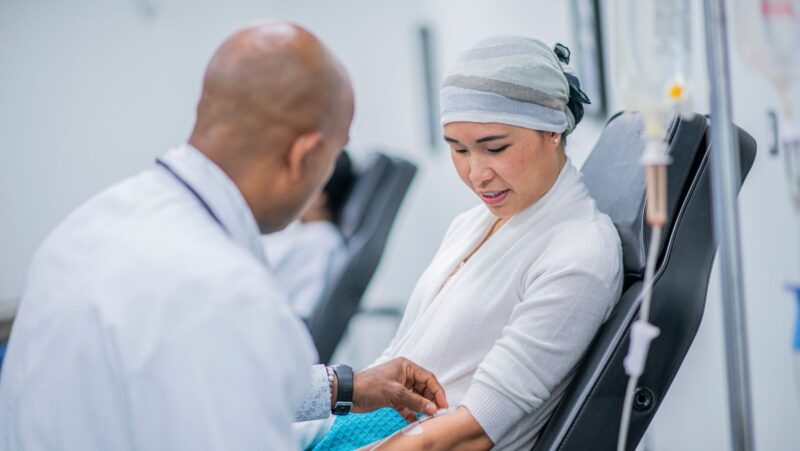
A phlebotomist is a healthcare professional who specializes in drawing blood for tests, transfusions, or donations. Even though these professionals are not as visible as nurses or doctors, this role plays a crucial part in diagnosing and treating patients. In fact, you see them all the time but might not realize just how vital they are to your health checkups.
With ongoing advances in medical technology, the need for skilled phlebotomists continues to rise. If you’re thinking about building a career in healthcare, becoming a phlebotomist may be the right point of entry in the field.
In today’s article, we will explore why becoming a Phlebotomy Technician is an exciting opportunity worth considering. Get ready as we unpack everything that makes this career option viable and rewarding for aspiring health professionals!
Understanding the Role of Phlebotomy in Modern Healthcare
In modern healthcare, a phlebotomist’s work acts as a bridge between patients and other healthcare professionals. They are the ones who come in direct contact with patients, so good communication skills are mandatory.
The main task of a Phlebotomy Technician is to perform venipuncture, the technical term for drawing blood from a vein. This procedure involves several precise steps:
- identifying and labeling patients accurately
- selecting appropriate equipment like vacutainer tubes or butterfly needles
- choosing an optimal puncture site to ensure minimal discomfort.
But before you can even think about a patient’s veins, you have to think about their comfort and general well-being. The role isn’t just about drawing blood but connecting with patients during a potentially stressful time. You’ll play a key role in building trust within clinical environments.
You must also understand the circulatory system to locate veins that accommodate varying needle sizes based on patient needs.

Blood collection requires dexterity in inserting needles at correct angles while monitoring patients for adverse reactions such as (fainting). Furthermore, accurate specimen handling is critical to avoid compromising sample integrity.
You also have to adhere to stringent safety protocols and follow biohazard regulations for infection control.
You’ll also gain exposure to cutting-edge medical technologies, boosting your skills beyond traditional practices. So if you want to be at the forefront of patient care while engaging with state-of-the-art medical tools, this might be your calling!
Courses and Education Options for Aspiring Technicians
The good news is that you don’t need to dedicate four to six years to studying for this career path. Getting all the theoretical and practical knowledge needed for this job usually takes less than a year.
Plus, there are numerous specialized programs that offer comprehensive courses covering anatomy, physiology, and proper blood-drawing techniques. Just make sure to select a course that also includes hands-on training. Many schools incorporate clinical rotations that provide real-world experience under professional supervision.
If you want to double your chances of building a career in healthcare, you could take an EKG/Phlebotomy Technician course. This program adds heart monitoring expertise alongside traditional phlebotomy skills and opens up even more doors within medical settings.
With the right course, you can kickstart your new career as an EKG/Phlebotomy Technician in under a year!
Career Advancement Opportunities in Phlebotomy
Your main tasks as a technician are blood collection and patient interaction. But, as you gain more experience, you can transition into roles with more responsibilities or specialized focus.
For instance, many phlebotomist technicians take the path to becoming a nurse. You can pursue a nursing degree, using your clinical background as an advantage when applying for programs or scholarships. If you want to move forward, nursing opens opportunities in various healthcare areas such as pediatrics, geriatrics, or critical care.

Others advance by specializing further within laboratory settings. You might become a lead phlebotomist overseeing collections in hospitals or clinics – managing staff and ensuring adherence to quality standards enhances your leadership skills.
Some opt for certifications like Donor Phlebotomy Technician (DPT), focusing on blood donations and managing donor interactions. This role can be particularly rewarding, given its impact on public health initiatives.
Transitioning into healthcare administration is another path worth considering. This position lets you apply everything you’ve learned from firsthand experiences with patients and medical processes to optimize systems and improve department efficiency.
Wrap Up
Crafting a fulfilling career in health services means opening yourself up for continuous learning and patient-centered care. Whether advancing into nursing or healthcare administration, each step offers personal growth and professional satisfaction.
Overall, you can shape your journey by leveraging experiences to impact lives positively while achieving career aspirations in this rewarding field.












